Thomas Crapper didn’t invent the toilet, nor was the company that bore his moniker the source for the name of a bodily function. And while John Montagu, the Earl of Sandwich, will forever be associated with the food that bears his name, his was not the first mouth to bite upon meat and cheese stacked between two pieces of bread. And yet when it comes to the cinematic arts, there is the strongest of cases to be made that for all that we consider vital to what counts as a movie is down to the inventiveness, tenacity, and vision of two brothers named Light.
Auguste and Louis Lumière are the fathers of the “cinematograph," the neologism borrowed from Léon Bouly that means “writing in movement." The brothers from Lyon used this word to describe their own mechanized invention as well as its output, shepherding in an entirely new way of experiencing the world and laying the foundation for every motion picture that would come. It’s the brothers’ combination of engineering and marketing prowess with their most keen of aesthetic eyes that makes them such fascinating subjects, and in turn, what proves Lumière, Le Cinema such a breathtakingly excellent journey to the past that illuminates our continued cinematic obsessions in extraordinary ways.
'Lumière, Le Cinema' Is a Guided Tour Through the Earliest Days of Filmmaking
 Image via Lumière
Image via Lumière
Thierry Frémaux serves as our guide through over a hundred short films, each 50-second clip a window into both another time and our own modes of perception. Frémaux is most celebrated globally as the head of the Cannes Film Festival, and here, he offers audiences direct connections to these early works of cinematic brilliance. Akin to Scorsese’s mighty documentaries like A Personal Journey or A Voyage to Italy, or even the epic Story of Film showcases by Mark Cousins, Frémaux provides welcome, even soothing narration that contextualizes our viewing of these clips, challenging our expectations, and guiding us to observe details that otherwise may have been missed.
These works by the Lumière brothers and their collaborators are almost like holy texts for cineastes, containing multitudes that show the very ingredients of all that was to come for the art form when it was first crafted. And as with the likes of the Dead Sea Scrolls, where the excavation of lost testaments helped reshape our very notion of belief systems for more than half the population of our globe, so too does this extraordinary collection of disparate Lumière projects land with almost equal impact. With the precise yet welcoming narration, Frémaux helps focus contemporary audiences’ attention on this extraordinary period where the idiom of cinematic expression was being birthed.
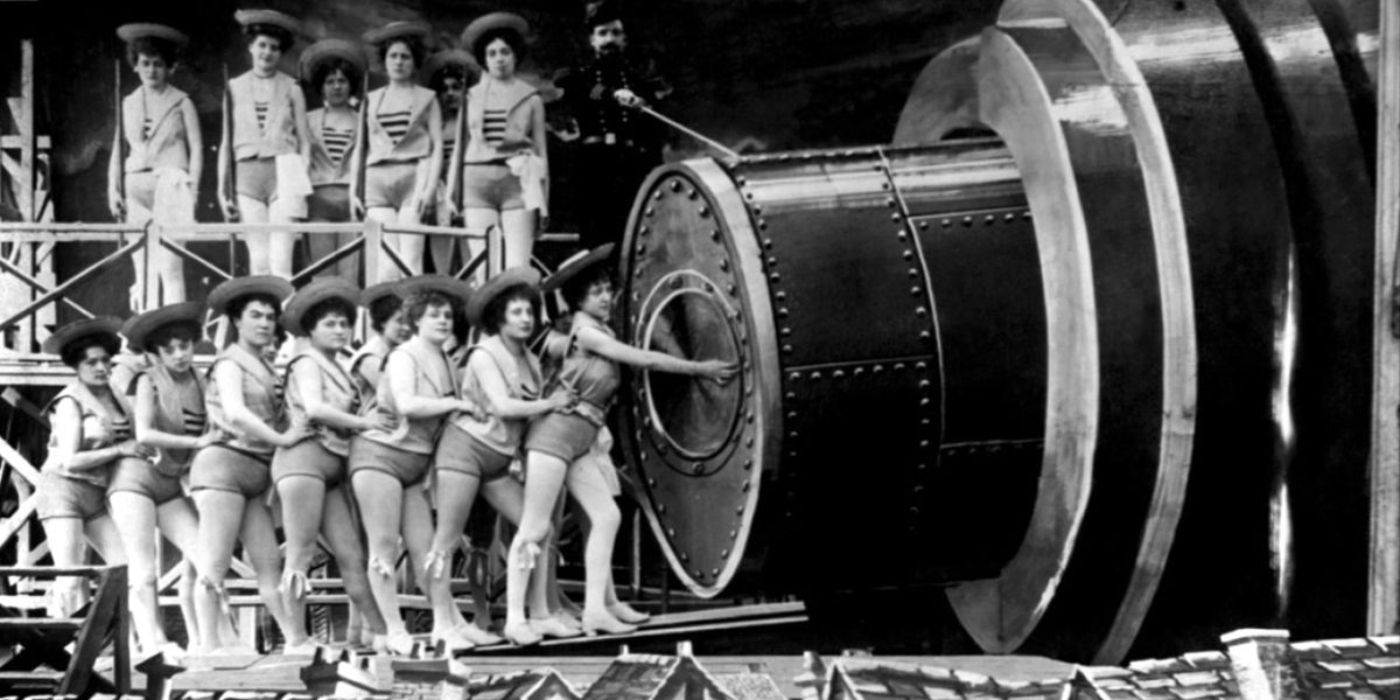
Related
Without This Silent Short, We Probably Wouldn’t Have Sci-Fi Films
One of the first sci-fi films is still impacting moviemaking today.
Most cinephiles with even a cursory knowledge of early film will have seen the likes of Workers Leaving the Lumière Factory, or The Arrival of a Train at La Ciotat Station, two “actualities” that on first watch feel positively quaint for contemporary generations glued to their screens and able with their pocket devices to capture just about their entire lives in crisp digital imagery. The restoration of these most celebrated sequences is thus all the more astonishing in its near-contemporary vibrancy, and the impact of these rescued elements made more than 120 years ago makes for an emotional, almost spiritual experience for anyone connected to a love of cinema.
What makes Frémaux’s contributions all the more edifying, however, is when he challenges our familiarity with these particular films. For the Factory sequence in particular, Frémaux points to contemporaneous reports describing the clip as showing a horse, something absent from the version that’s been christened as “the first real motion picture”. Paired with two other clips filmed from the same perspective but with an entirely different retinue leaving the workshop, one of these other forgotten films may well have been the actual one screened to audiences back in the late 1800s.
'Lumière, Le Cinema' Shows History Being Made One Frame at a Time
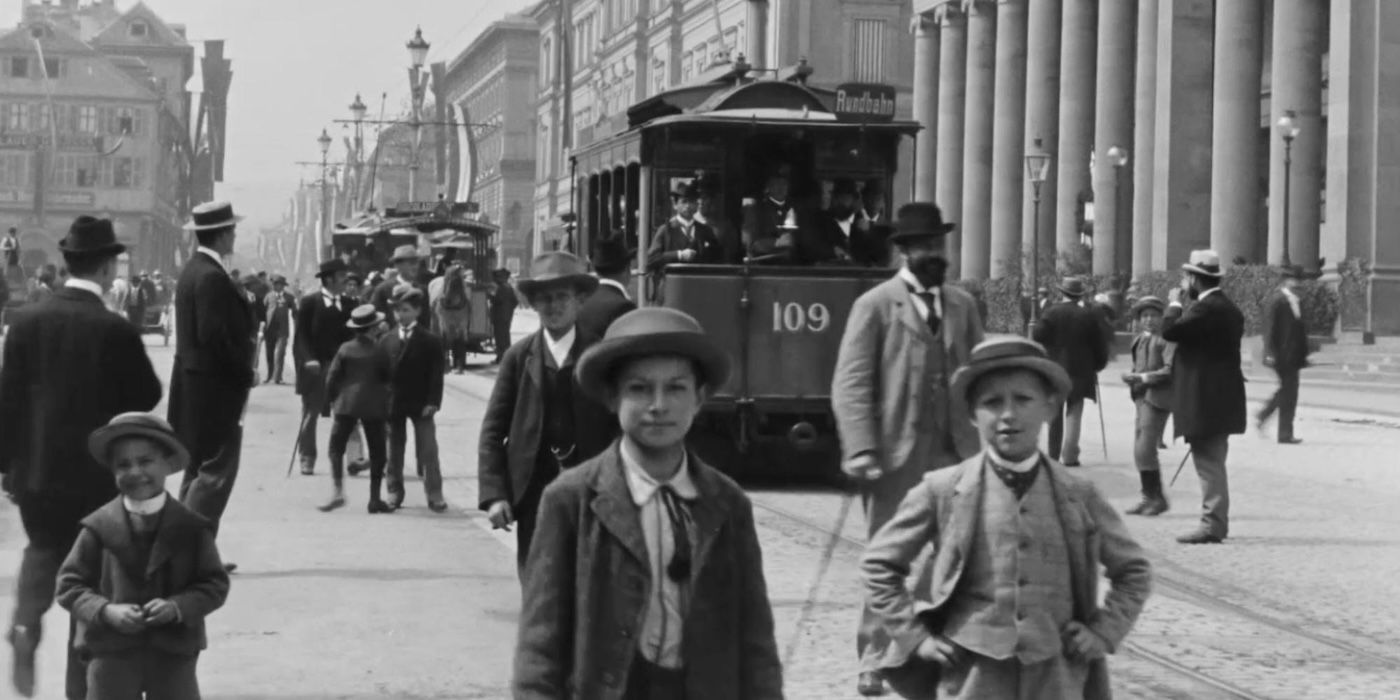
History is fickle, of course, and the notion of being “first” when the likes of everyone from Thomas Edison to Louis Le Prince were tilling similar fields is near impossible to nail down. Yet the way these different versions vie for being the one presented back then is yet another reminder about how imperfect our gaze backward can often be. It’s with this sense of humility and admission of uncertainty that Frémaux approaches the subject, asking questions and inviting us as an audience along the journey rather than spouting out facts and timelines with didactic precision. That’s not to say that there’s an enormous amount of research evidenced in just about every statement made, it’s just that despite the bitter stereotype of French arrogance, this is a deeply sympathetic and rigorously open-hearted presentation of the brother’s wide range of cinematic expressions.
From riding atop trains to showing off goofy vaudevillian acts or brief moments of comical violence, each clip speaks not only to what came before, but how these short pieces behave as the DNA for every genre, every facet of what we consider filmmaking to this very day. The biggest joy of all, of course, is the ability to see these films projected large and in all their restored glory, not simply segregated to being streamed on a small screen, or to suffer through damage that makes these segments feel all that more removed from the present. It’s as if many of these clips have been rescued from an island where they have been deserted for more than a century, carefully dusted off, and allowed finally to be seen in a context that their creators could only have dreamed possible.
This is not the first project of this ilk from Frémaux – his Lumière! l'aventure commence from 2017 attempted some of the same engagement – yet Lumière, Le Cinema feels like a more perfect introduction for those completely new to the works of the brothers, and equally a boon for even the most knowledgeable about this period of early cinema. This is not only one of the purest demonstrations of cinephilia ever brought to a theatre, but it’s equally an absolutely foundational text that with surely serve as the basis for any film education the world over.
A Brilliant Contribution to our Fundamental Understanding of the Cinematic Arts
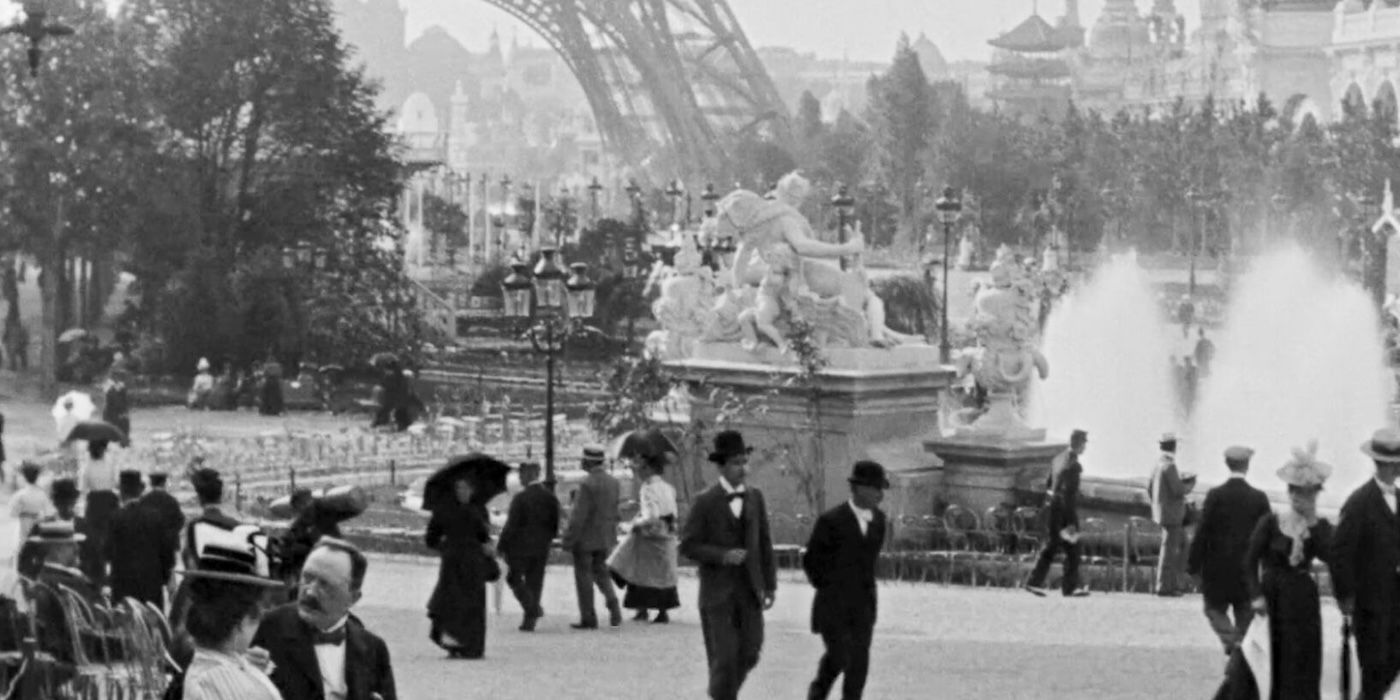
This film, and the selections contained within, is so fundamental a contribution to our understanding of this period that it may well be one of the most important releases of the year. At times the images are hypnotic, at others simply stunning in their accomplishment. The narration is soothing, yet never shy from pointing out little quirks or mistakes baked into these glimpses of the past.
Frémaux hinted that he’s mined the best of the best, and, perhaps masochistically, I’d like a (perhaps brief) look at the failures, the failed experiments or outrageous overreaches that showed these were humans cranking the cameras back then, not demigods firmly aware of what they were unleashing upon the world. Whether that shows up as supplemental material on a physical release, or even in just a more curated presentation keen to explain the nature of the failures and what was learned (or not) in subsequent projects, time will tell.
For now, we are gifted from Lumière, Le Cinema with a glorious voyage, absorbing these captivating images in ways that are as moving as the pictures themselves. Thanks to Frémaux and his collaborators, particularly his skilled editors, the use of contemporaneous music, and the supremely gifted restoration team, the film exudes a vitality and sense of celebration that cannot be fully expressed. The mid-credits capper showing Francis Ford Coppola recreating the Factory film using his own hand-cranked camera is the final gleeful addition, a beautiful bookend to an exhilarating series of films and making as overt as any moment throughout just how alive the artistic spirit of these brothers continues to be.
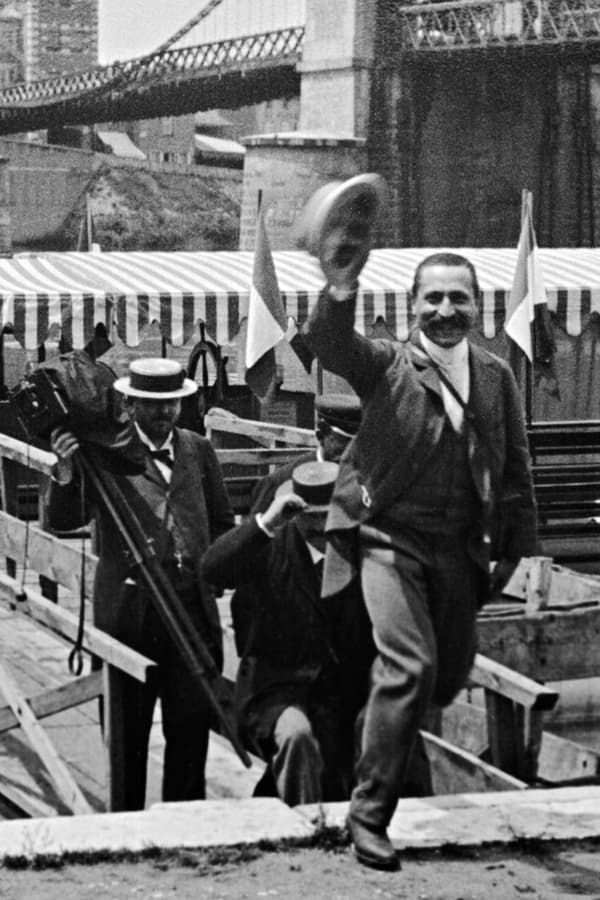
Lumière, Le Cinéma is a 2024 documentary directed by Thierry Frémaux that showcases over a hundred restored films by cinema pioneers Louis and Auguste Lumière. The film offers an immersive journey into the origins of cinema, highlighting the brothers' innovative techniques and the global impact of their work.
Release Date February 5, 2025
Director Thierry Frémaux
Runtime 95 Minutes
Pros
- A brilliant guided tour through the earliest days of cinema.
- Stunning restorations shine like never before.
- A fundamental contribution to a global love of cinema.
Cons
- Not every audience member will have a chance to see these moments projected on a large screen and experienced with a rapt audience.

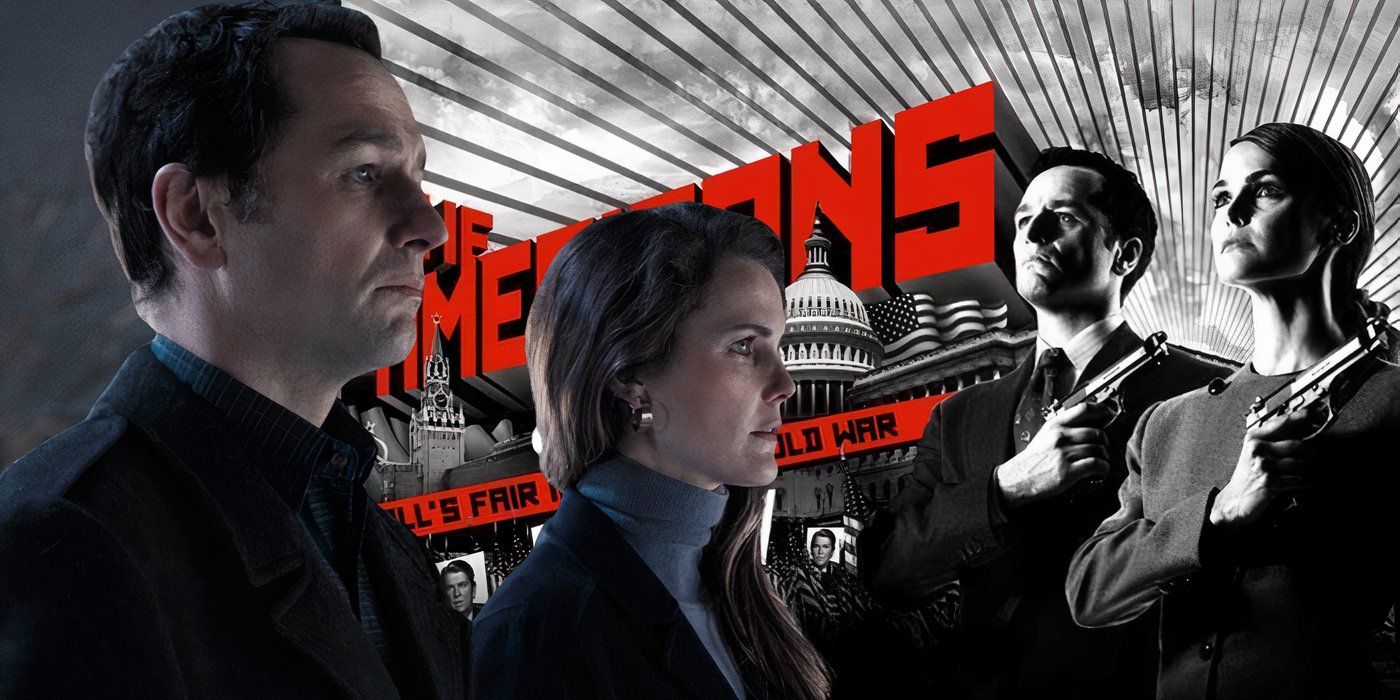

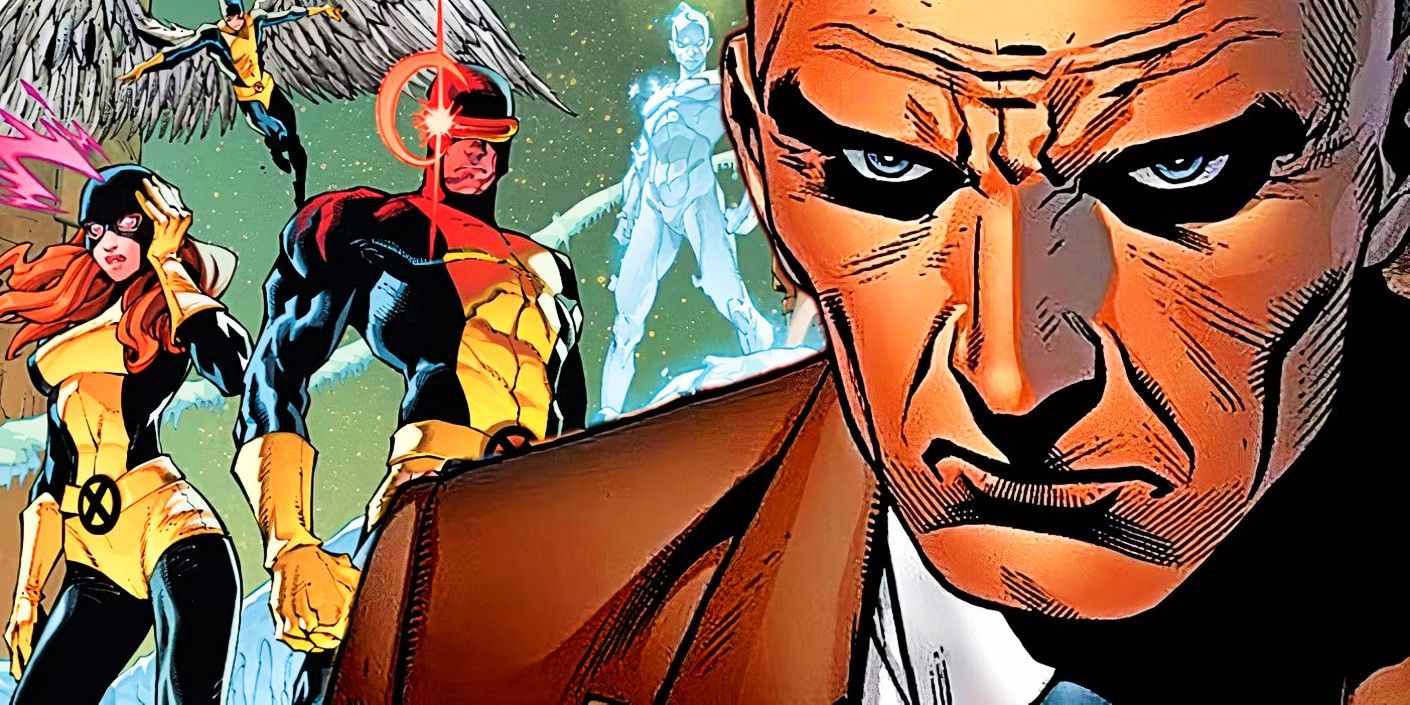





 English (US) ·
English (US) ·